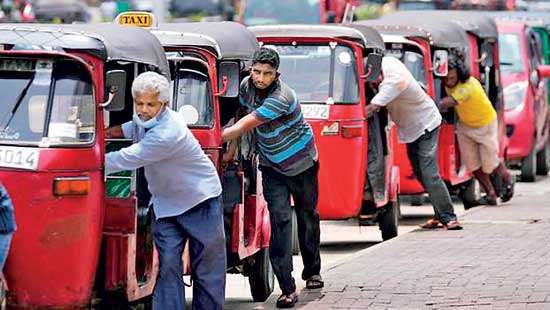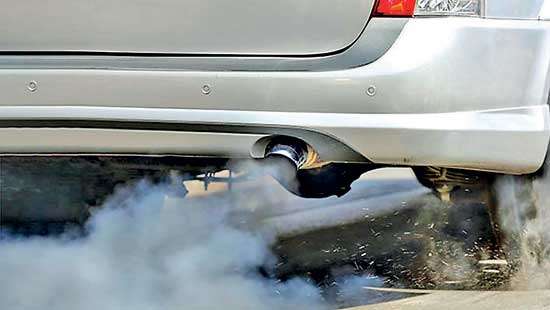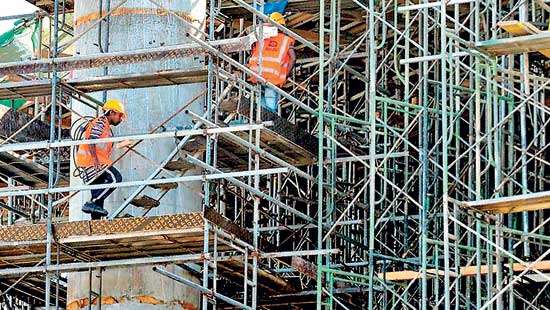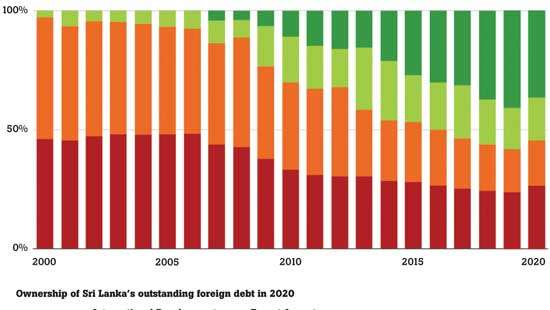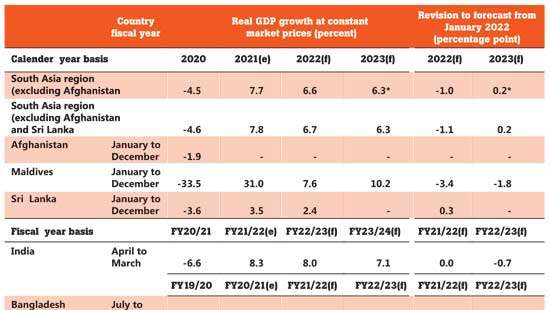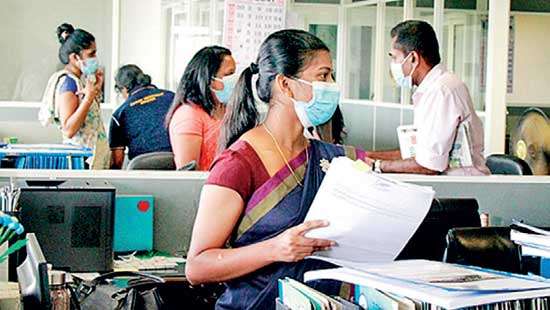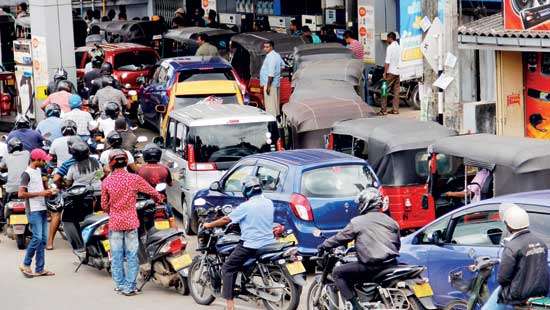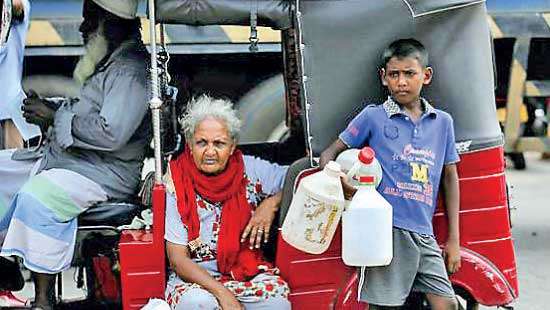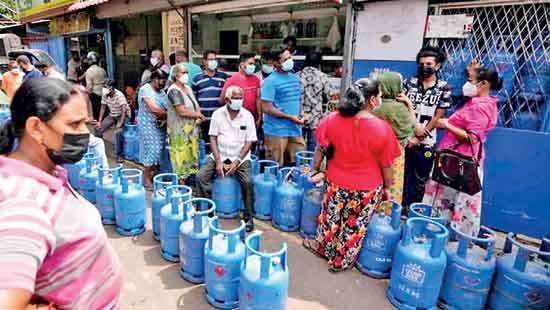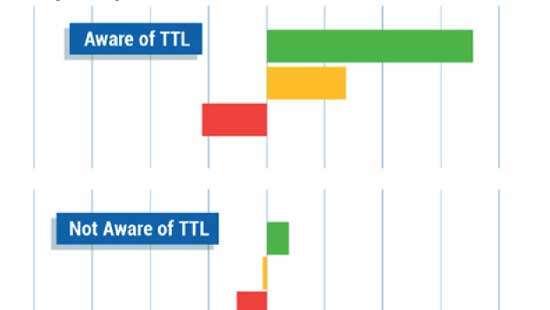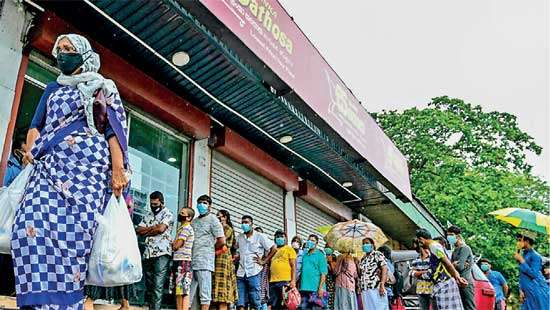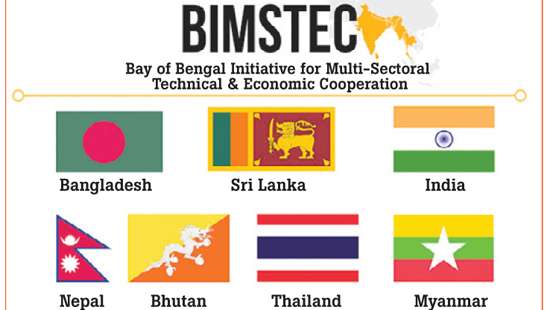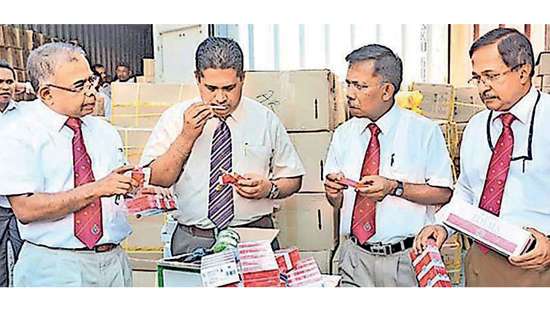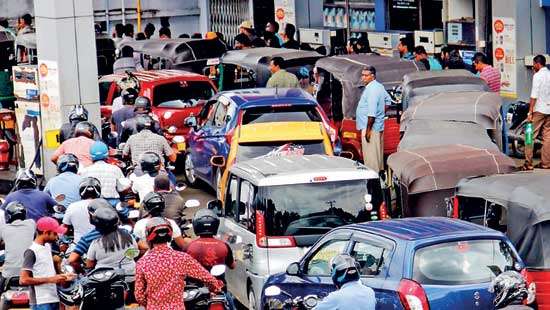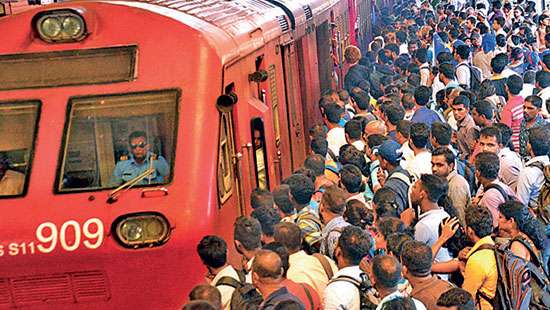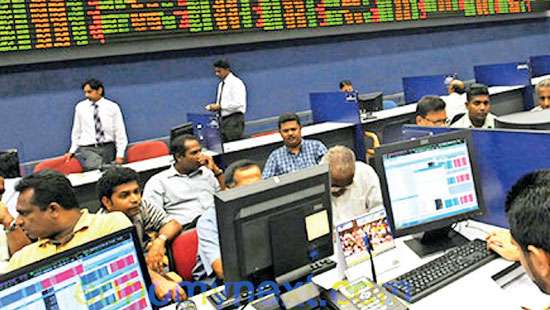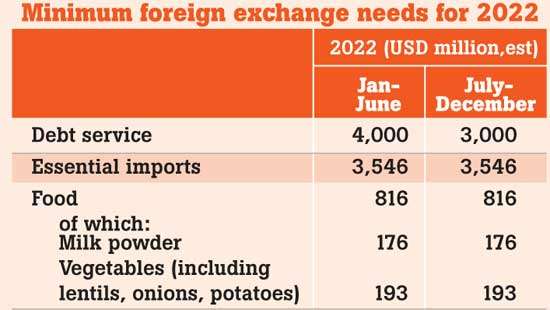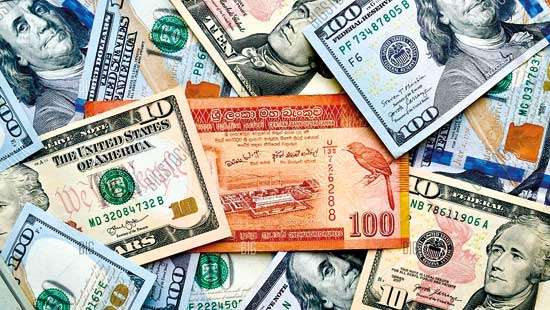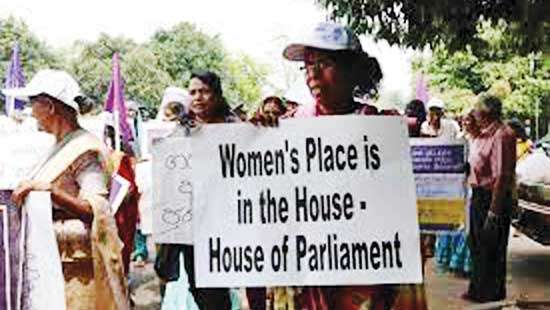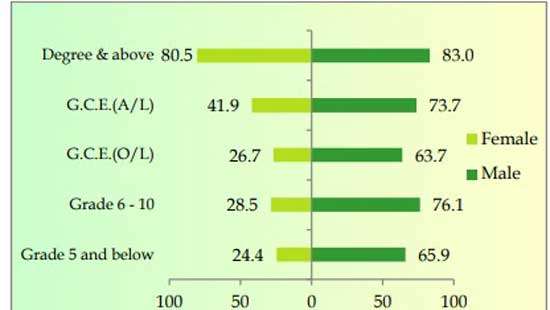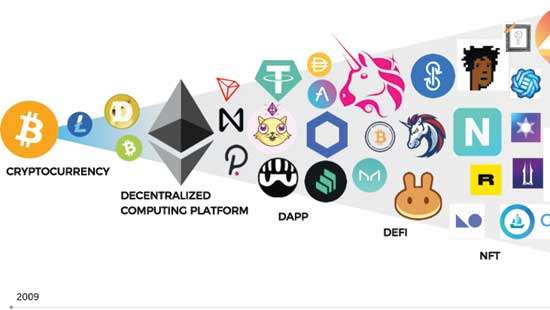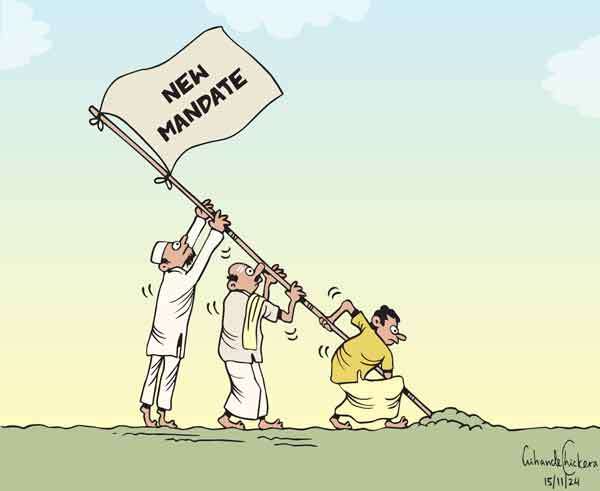Features
Catalysing decarbonisation in Sri Lanka
22 Apr 2022
 0
0
We often ask the question as to why Sri Lanka should decarbonise when our carbon emissions are relatively low. This is true as the country’s share of global carbon emissions is only 0.06 percent and has been plateauing at the same rate for the last five years since 2015.
Many job losses in construction sector imminent with worsening economic crisis
21 Apr 2022
 0
0
The Chamber of Industry of Sri Lanka (CCI), which is the apex representative body of all who are engaged in construction sector, predicts that with the present economic crisis and due to several factors causing a debilitating impact, over 100,000 jobs will be lost within next 3 months, unless immediate remedial action is taken.
SL’s reluctance to tap IMF helped push it into an economic abyss
20 Apr 2022
 0
0
Sri Lanka’s worst economic crisis has triggered an unprecedented wave of spontaneous protests as the island nation of 22 million people struggles with prolonged power cuts and a shortage of essentials, including fuel and medicines.
Sri Lanka’s economy is entering a dangerous tailspin
20 Apr 2022
 0
0
Sri Lanka has just entered the deepest economic crisis in its history. Shortages and rising prices that people face today are only the first inkling of what lies ahead. Unless decisive action is taken, it can go into a destructive tailspin.
Sri Lanka faces unsustainable debt and BoP challenges
19 Apr 2022
 0
0
Sri Lanka’s economic outlook is highly uncertain due to the fiscal and external imbalances. Urgent policy measures are needed to address the high levels of debt and debt service, reduce the fiscal deficit, restore external stability, and mitigate the adverse impacts on the poor and vulnerable, says the World Bank in its twice-a-year regional update.
Tackling current economic crisis: What Sri Lanka should do
19 Apr 2022
 0
0
Today we need urgently the Government Economic Plan prepared by knowledgeable and experienced professionals to restructure the economy and obtain assistance from the International Monetary Fund and other International Funding Agencies to overcome the Financial and Debt Crises. The costly delays and economic mismanagement has resulted in the present state of affairs with Sri Lanka deciding to default on its external debt.
Sri Lanka’s political turmoil risks derailing the economy further
19 Apr 2022
 0
0
Sri Lanka is facing unprecedented political turmoil, and with the economy in a tailspin it is in its weakest state in decades. The country is staring down the barrel of a sovereign debt default and is exposed to external shocks.
Is future of emerging markets private equity?
12 Apr 2022
 0
0
Fast deteriorating risk profiles of Emerging Markets and Developing Economies (EMDE) are expected to slow down investment into these countries. Rising economic distress coupled with de-globalization momentum are triggering major business and economic reset in EMDE.
Traffic Light Labels: Do they promote healthier food choices in Sri Lanka?
07 Apr 2022
 0
0
In line with globally recommended practices to reduce the dietary risk of non-communicable diseases (NCDs), the Sri Lankan government implemented a traffic-light labelling (TLL) system for sugar-sweetened beverages (SSB) in August 2016.
Getting into driver’s seat: Apparel (and other) SMEs can show the way to a brighter future
04 Apr 2022
 0
0
In planning for the future, the past is just prologue. For modern Sri Lankan small and medium enterprises (SMEs), the prologue is dominated by massive twin global headwinds of a post-pandemic future and a war brewing in Europe.
Currency board: A solution to Sri Lanka’s economic crisis?
01 Apr 2022
 0
0
On March 8, Sri Lanka devalued the rupee against the US dollar, entering into a floating exchange rate regime. The Central Bank of Sri Lanka had to abandon the pegged exchange rate, as defending the rupee with dwindling reserves was impossible.
Impact of COVID-19 on illicit tobacco market
30 Mar 2022
 0
0
As part of ongoing research into the economic impact of illicit markets, the Research Intelligence Unit (RIU) shared some of the key findings from its latest report that covers the economic impact of untaxed tobacco consumption in Sri Lanka.
SL tourism on reverse gear with proposed new act
14 Mar 2022
 0
0
There’s mounting opposition from the entire tourist industry against the government’s plan to change the existing Tourism Act, as seen in the media. Having been a member of the team that helped draft the current act around 15 years ago, I felt that I should also lend my voice to the ‘chorus of objections’.
Current exchange rate policy – Who is the winner?
10 Mar 2022
 0
0
No gas, no diesel, no electricity, no milk-powder, no vehicles, no spare parts, no raw materials and the list goes on and on. Everywhere you see people on the road screaming and cursing the government to resolve these issues. The reason being no dollars.
Sri Lanka’s future is decidedly female: banking on empowered women for economic rejuvenation
08 Mar 2022
 0
0
One of the most famous women in history once said: “Within crisis, are the seeds of opportunity”. The source of such a powerful truism? Marilyn Monroe, a woman who clearly possessed great wisdom, but is unfortunately remembered for her physical beauty than her intellectual and emotional strength.

Fonterra to proceed with sale process for Consumer businesses
07 Mar 2022
 0
0

BOI signs US$ 12.16mn deal with Celogen Lanka
07 Mar 2022
 0
0

Nissan to lay off thousands of workers as sales drop
07 Mar 2022
 0
0

EU Ambassador meets new BOI Chief to discuss economic ties
07 Mar 2022
 0
0

SLCERT warns WhatsApp users against sharing OTPs to prevent hacking
07 Mar 2022
 0
0

NPP heading for clear parliamentary majority
07 Mar 2022
 0
0


